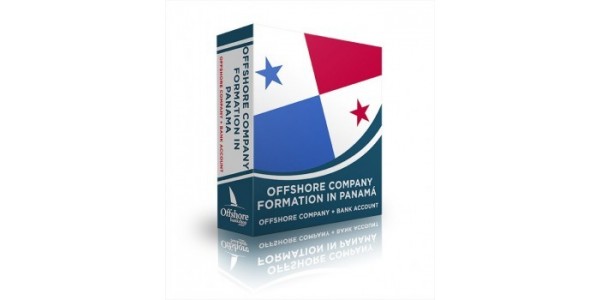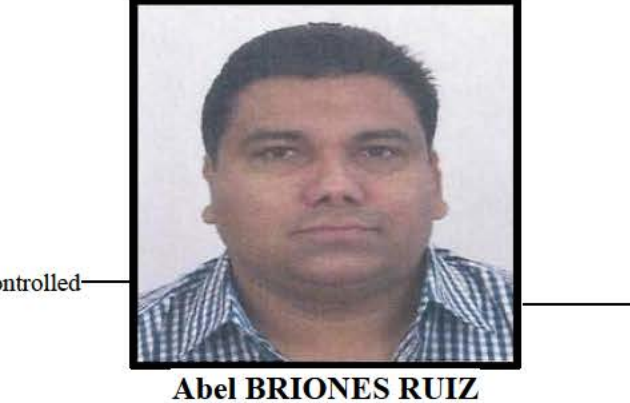Ghostwriting El Chapo’s Memoirs is a Bad Idea
In the wake of the now-infamous Sean Penn interview, The New Yorker’s Patrick Radden Keefe writes a fascinating tale of being propositioned to ghostwrite the memoirs of El Chapo (a.k.a. Joaquin Guzman Loera), the renowned drug kingpin. According to Radden Keefe, the offer came in the form of an email from “a lawyer who represented the Guzman family.”
Radden Keefe didn’t take the bait and turned down the offer. Lucky for him. As he writes:
I ended up saying no. The arrangement would probably have been illegal: by assisting in any way with a memoir, I might have run afoul of the U.S. Treasury Department, which had enacted sanctions against Guzman and his organization under the so-called Kingpin Act. But I also worried that…
Radman Keefe is right, but he need not have worried any further. Had he accepted the offer and turned up to ghostwrite El Chapo’s memoirs, he would have been in violation of 31 C.F.R. § 598.203 – a provision of the Foreign Narcotics Kingpin Sanctions Regulations, administered by the U.S. Department of the Treasury’s Office of Foreign Assets Control (“OFAC”) and implementing the Foreign Narcotics Kingpin Designation Act (otherwise known as the Kingpin Act).
Pursuant to 31 C.F.R. § 598.203, U.S. persons are prohibited from engaging in any transaction or dealing in property or interests in property of a specially designated narcotics trafficker. El Chapo was designated as a Tier 1 Kingpin and Specially Designated Narcotics Trafficker pursuant to the Kingpin Act on June 1, 2001. As such, U.S. persons engaging in any transactions or dealings in El Chapo’s property or interests in property are in violation of 31 C.F.R. § 598.203.
Moreover, 31 C.F.R. § 598.406 provides further detail as to the scope of the prohibitions contained in 31 C.F.R. § 598.203 by stating that they “apply to services performed by U.S. persons, wherever located:
(1) On behalf of or for the benefit of a specially designated narcotics trafficker; or
(2) With respect to property interests of a specially designated narcotics trafficker.
As an example, 31 C.F.R. § 598.406 notes that “U.S. persons may not…provide legal, accounting, financial, brokering, freight forwarding, transportation, public relations, or other services to a specially designated narcotics trafficker.”
Ghostwriting El Chapo’s memoirs on behalf of El Chapo would be a clear violation of 31 C.F.R. § 598.203, insofar as it would constitute a provision of services by a U.S. person on behalf of or for the benefit of a specially designated narcotics trafficker. That would not be good, as violations of the Kingpin Act could prove costly. Pursuant to 31 C.F.R. § 598.701, willful violations of the Kingpin Act or any regulations issued thereunder include criminal penalties of not more than 10 years imprisonment and a significant fine, and civil penalties for a violation of the Foreign Narcotics Kingpin Sanctions Regulations could be levied up to $1.075 million per violation by the Secretary of the Treasury.
Radden Keefe approached the question of ghostwriting El Chapo’s memoirs thoughtfully (and his article is indeed excellent), but he really needn’t have gone any further in his consideration after realizing that providing such ghostwriting services would be in violation of U.S. law.



